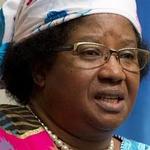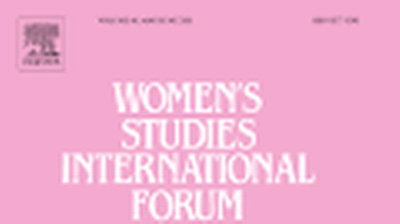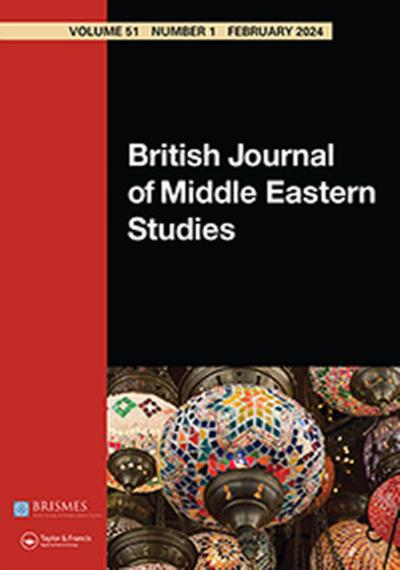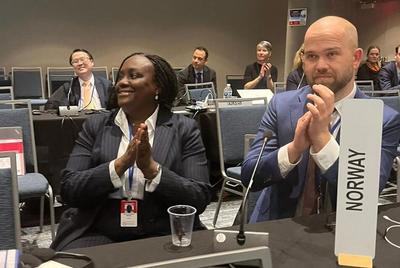Women in Politics in Malawi
About two decades ago, in Malawi, the issue of the numbers of women in politics was not newsworthy. Few stakeholders showed any concern about the low number of women in politics.
Despite an overwhelming increase in the interest over the last years, this book notes that not much has changed on the ground. The latest elections, in 2014, exposed a major setback in women representation in parliament, thus putting into question all past efforts towards improving the status of women in politics.
Consequently, this book is exploring the recent developments in women participation in politics in Malawi. We are specifically inter alia examining the following key issues:
- The factors behind the slow but marked increase in women in political representation during the multiparty era;
- The explanations for the recent electoral setback for women representation in politics;
- Possible options as to what can be done to improve women’s representation in Malawi, in terms of numbers, in terms of popular attitudes to women politicians, and in terms of women’s political influence.
It is our belief that a true democracy requires representation of both genders, and the current low levels of women representation in Malawi constitute a democratic deficit.
This book is a product of collaboration between the Department of Political and Administrative Studies (PAS) at the University of Malawi’s Chancellor College and Chr. Michelsen Institute (CMI) in Bergen, Norway. The book has eleven chapters and the contributors are respected academics and activists drawn from Malawi and Norway who utilised empirical as well as secondary data in their analyses.
This book is an invaluable resource for university students and lecturers, policy makers and practitioners interested in having a deeper understanding of factors affecting women in politics in Malawi.

Democratisation, Political Participation, and Gender in Malawi
In this volume:
- The Women's Parliamentary Caucus: Promoting Cross-Party Substantive Representation
Chiweza, Asiyati Lorraine, Vibeke Wang, Ann Maganga - Women in Politics in Malawi: An Introduction
Amundsen, Inge, Happy Kayuni






